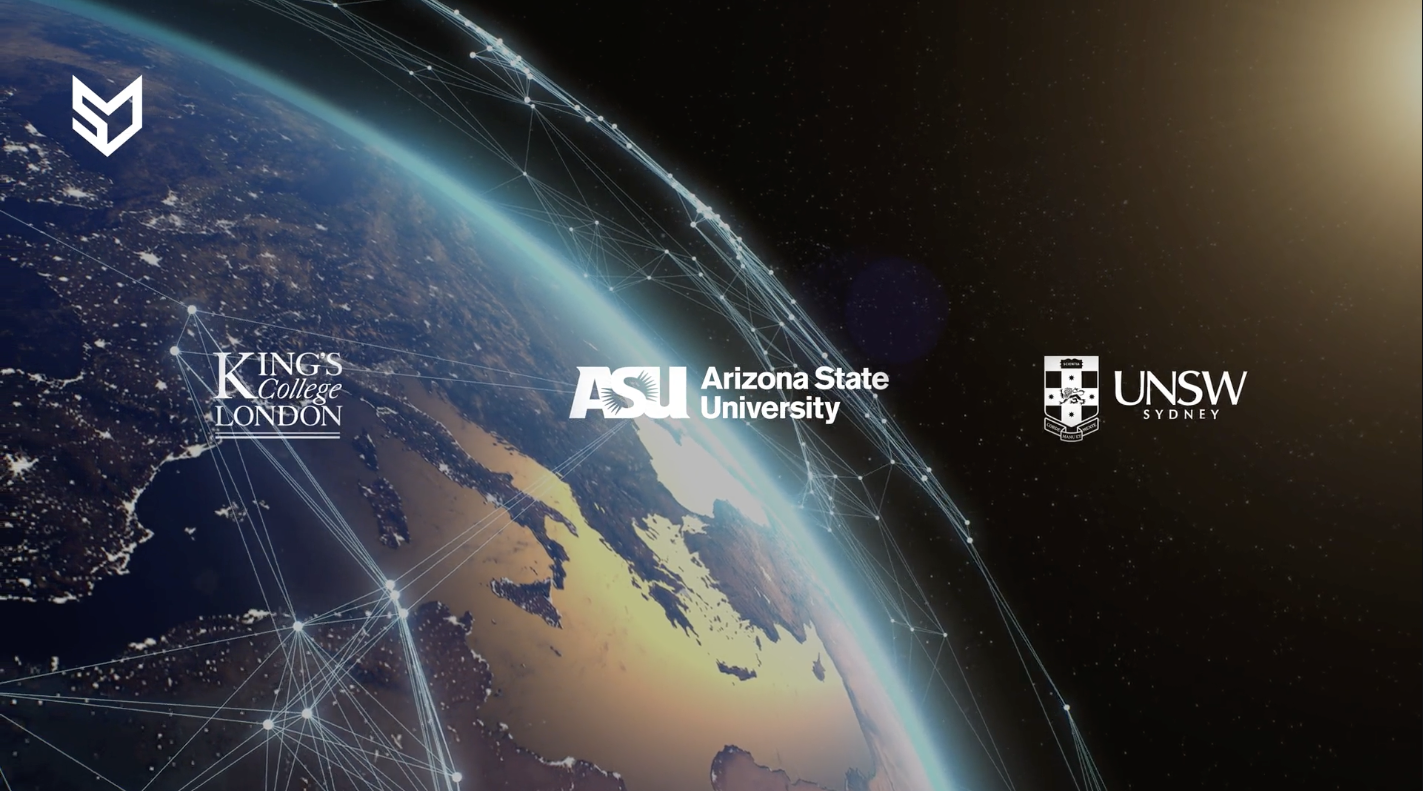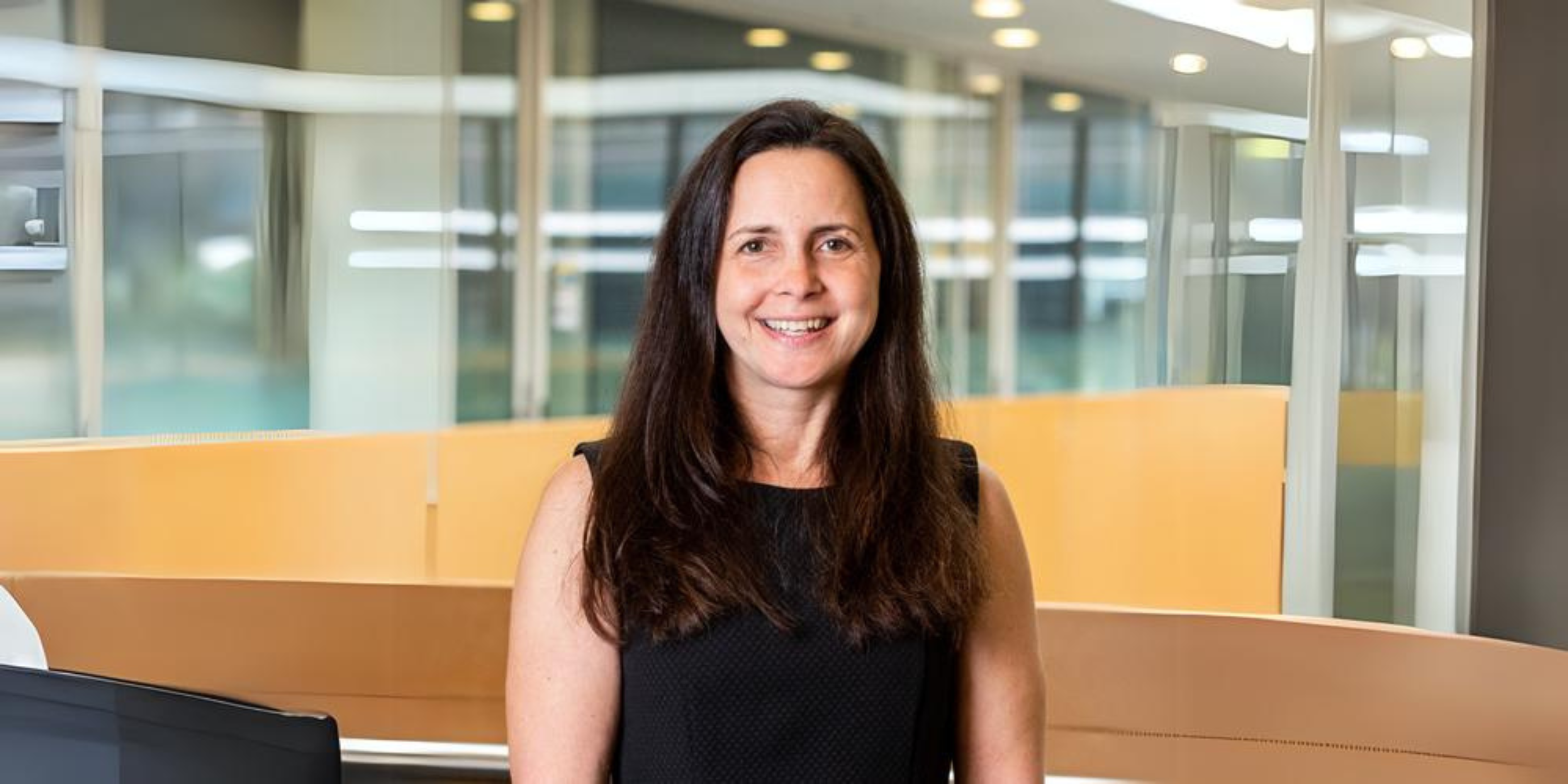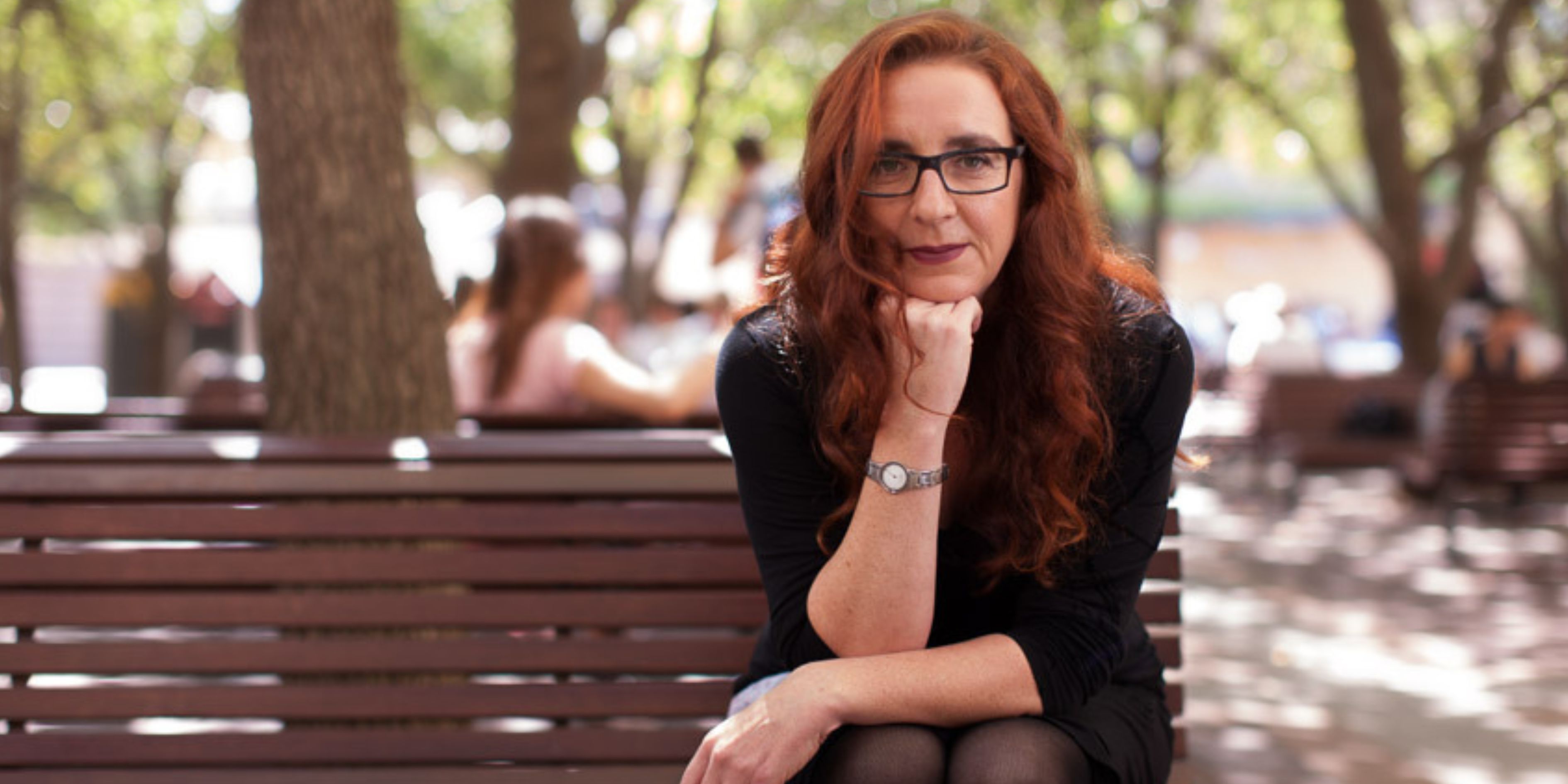New PLuS Alliance Fellow & Director of the Centre for Military Ethics at King’s College London, Professor David Whetham, talks about the perceived oxymoron that is ‘military ethics,’ opening up access to education globally, and his love of medieval fencing.
You have previously described military ethics as one of war’s “most glaring oxymorons.” Why is this?
Most people outside the military see the idea of putting ‘military’ and ‘ethics’ together as a contradiction, but actually, morality is right at the heart of the identity of any professional armed force. Those in the armed forces are permitted, even tasked, as part of their professional function, to do something that no one else is allowed to do, for example, in some situations, to plan for and then deliberately take another person’s life. They have special rights, and also requirements and duties that flow from that. As far back as you can go in history, you will find records of groups trying to restrain the excesses of war. War should only be embarked upon in special circumstances and what you can do in war must have limits. As a philosopher, what has always appealed to me is the space where rules stop working, yet new rules start to apply. Trying to explain the oxymoron that is military ethics is what drives my professional interest.
The Centre for Military Ethics at King’s College London was established in 2015. What was the motivation?
The Centre was founded to conduct research into military ethics and promote best practice in its education and application across global defence and security forces. Ethics education is increasingly being recognised by militaries around the world as crucial to effective leadership and operations, yet there is a real lack of quality pedagogic tools out there. It’s essential that we equip people with the skills and knowledge to make the right decision, rather than the poor decision, when put under pressure, and we are working, through the Centre, to build a set of resources that can be accessed by anyone who needs them.
Drones, cyber-warfare … these technologies raise new challenges for all involved when it comes to proportionality and responsibility in war. What is the impact on the field of military ethics?
With technological advancements, there are a lot of people who like to say, ‘the old way of doing things in military ethics is no longer applicable and we need to tear it up and start again.’ This is, however, the same argument that people have been making around the world for the last two and half thousands years every time a new method of waging war has been developed. In fact, the principles of military ethics themselves don’t actually change much, but how you apply them does. The character of war changes, but the nature of war does not. The same principles that have been remarkably widely understood and adhered to across cultures, time, and geography still need to be worked through, but in a new context. Those understandings we have, for example, that we will only target those who have made themselves liable to harm, that is, not civilians, are just as applicable to cyber warfare or drone warfare as to a more conventional massed army. The same applies to the people involved - whether you’re a corporal on a checkpoint unsure whether to challenge your sergeant, or the Chief of the Defence Staff challenging the Prime Minister, the actual ethical reasoning is very similar, even if the context is different.
Has the growing awareness around mental health increased the interest in military ethics education and training?
There are certain parts of the military that are very aware of this issue. There is a very clear link between professional military ethics education and what we think of as ‘resilience’ - the ability to deal with the long term implications of military deployments. If you have had the opportunity to think through a difficult situation before you are actually placed in it, you are going to be better equipped, mentally and morally, to deal with it, both at the time, and afterwards.
You have existing relationships with the military ethics communities in Australia and the US, including at the Australian Defence Force Academy (ADFA) and the US Naval Academy, Annapolis. How are you hoping to strengthen these global connections as a new PLuS Alliance Fellow?
Australia and the US actually have the highest concentration of military ethics experts in the world, driven in large part by the strong relationship between UNSW and ADFA in Canberra, and institutions like Annapolis that use a mix of academics and retired military personnel in their three or four-year undergraduate courses. I have been working with Australian and US colleagues for some time now and this is such a wonderful opportunity to take our collaboration to the next level, to join the dots, and remove those barriers. One of the projects I’m working on is around the ethics of neuroenhancements in the military context, for example bionic limbs that are directly linked to the brain or the ability to enhance cognitive abilities or awareness through using various stimulants. Arizona State University (ASU) is very strong in the technology side of things, so I’m keen to draw on this for my research. Dr Deane-Peter Baker at UNSW Canberra and I also have a number of ongoing project collaborations but our key focus right now is the introduction of a military ethics curriculum for the Colombian War College.
How exactly are you delivering this curriculum for the Colombian War College?
The objective is to provide our partners with the material they need to deliver the courses themselves. It will be a blended learning package, with twenty sessions including books and other reading materials with online support - it’s absolutely groundbreaking in our field and we will be using it as a model for other countries as well. Given ASU’s expertise in blended and online learning, I’m looking forward to connecting with colleagues in the US through the PLuS Alliance, as there are lots of lessons to learn and insights to gain.
Is there a global demand for this kind of blended learning in ethics training?
Absolutely. There is a big demand from military colleges and institutions for ethics training and education, and a distinct lack of military ethicists who can actually travel around the world and deliver the material, whether that is through one-off workshops or consultation on what is being taught already. One of the best ways to make the most of a limited resource is to consider new ways for how you can actually deliver it. Rather than applying a sticky plaster everywhere that requires it, we want to empower institutions and colleges around the world - for example in Nigeria, Serbia, or Colombia - to deliver the material themselves, locally. This kind of blended learning offering is not a substitution for institutions developing their own ethics material and capacity to deliver it, but it means we can support them in a way that might not otherwise be possible, and help them reach that goal.
Speaking of new ways of learning … I’m looking at a set of military ethics themed playing cards. What gave you the idea for these?
Playing cards are a common part of everyday life, especially in the military. So why not use them as a very simple tool to raise ethical awareness? The cards have 52 questions across the area of military ethics that have been developed by researchers and ethicists, in consultation with military focus groups and specialist lawyers. They normalise discussion and debate around ethical challenges in military environments - you don’t need a classroom, and you don’t need an expert. The cards all feature a QR code that links to the King’s Centre for Military Ethics for further information and reading, and to ensure that people can be encouraged towards finding the most appropriate answers. I’m currently working with colleagues on replicating this idea for crisis medical ethics, where the cards will deal with the types of ethical challenges that are generated for medics working in complicated humanitarian environments.
I hear that in your spare time, you enjoy medieval longsword fencing. How did you get into this as a hobby?
I actually discovered épée and medieval longsword while I was completing one of my earliest pieces of research at King’s. I was looking at medieval case studies for my PhD, which involved all sorts of practical exercises. I was able to recreate experiments with the medieval longbow and used the ballistics labs at the Defence Academy to test range, accuracy and effect on things such as body armour. It was quite good fun! My article was published in the Journal of the Royal Armouries and it’s actually still being referred to today, which is great! I don’t get too much time for archery, épée or longswording anymore, but I do also play trombone in a big band. We toured Tuscany together last Summer and are playing in a big festival this year. We play everything from Michael Bublé and Caro Emerald through to the classic Rat Pack and Glenn Miller. It’s great!
Professor David Whetham is Director of the Centre for Military Ethics at King’s College London and a Reader in Military Ethics in the Defence Studies Department. Professor Whetham and his colleague Dr Andrea Ellner became PLuS Alliance Fellows of Social Justice in June this year.
Image credit: Centre for Military Ethics at King's College London


